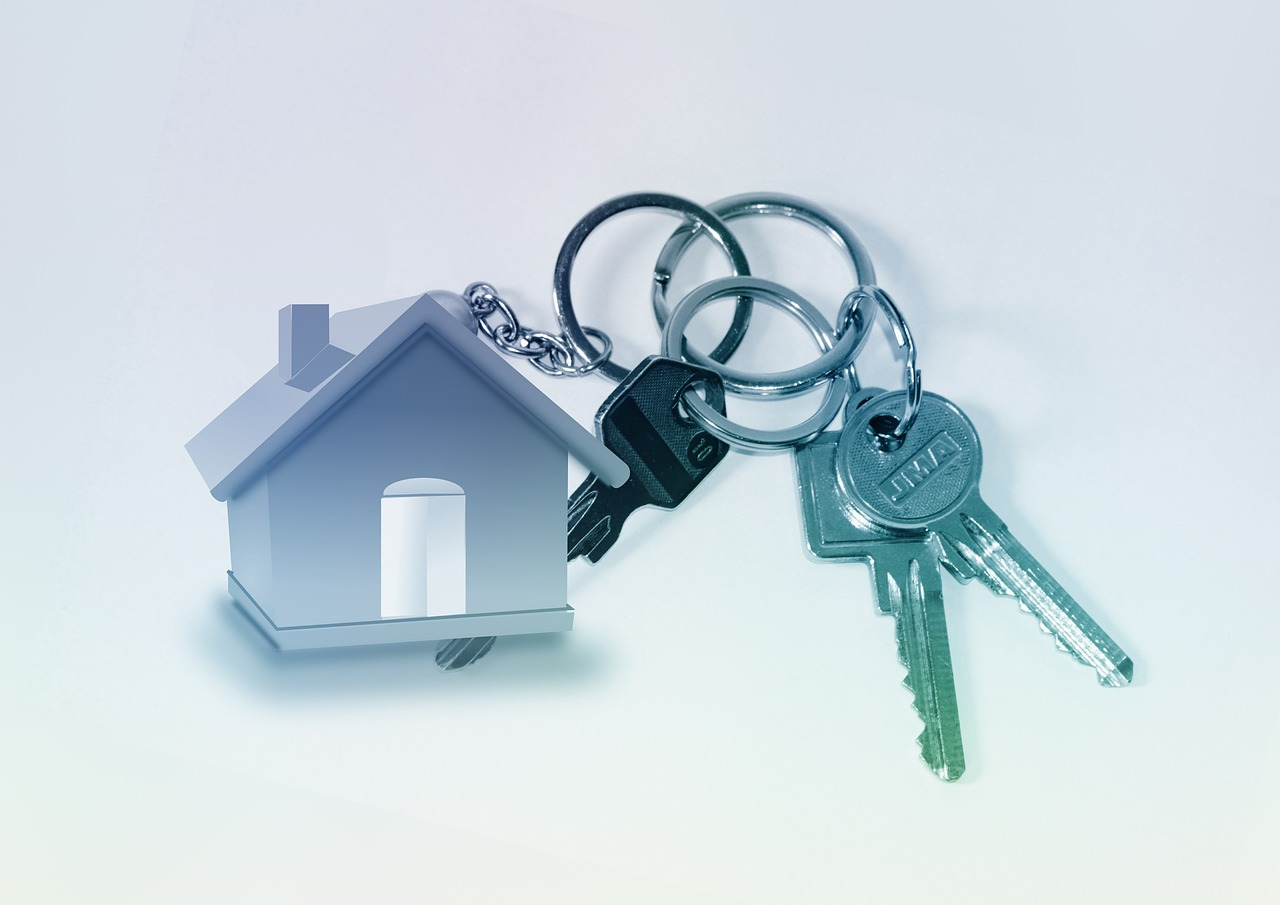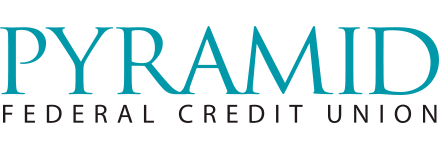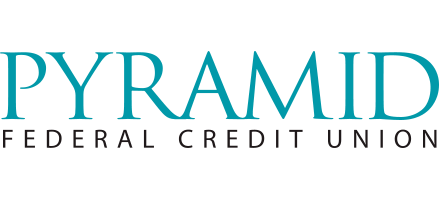Putting Your Home's Equity to Work
If you’re a homeowner, you could be sitting on a great source of low-cost funds for home improvement projects or other expenses. Before you decide to tap into your home’s equity, you should understand the impact of borrowing against your home and also explore what options are available.

Understanding home equity
Equity is simply the difference between what you owe on your mortgage and what your home is worth if you sell. For example, if you owe $100,000 on your mortgage loan and your home’s market value is $150,000, you have $50,000 of equity in your home. As you make mortgage payments, you pay the interest on the loan as well as principal. Assuming your home continues to grow in value, the more principal you pay adds to your equity and reduces your mortgage balance.
Unfortunately, your home’s equity can fall, too, if the market value drops. Back in 2006-2007 the US housing market started to take a steep decline, leaving many homeowners “underwater” on their mortgages, meaning their home’s value was much lower than what they owed on their mortgage. Today, the housing market is stable and historically low interest rates are helping many families buy homes or take advantage of home equity loans to renovate or pay down debt at affordable rates.
The difference between a home equity loan and a HELOC
A home equity loan, also known as a second mortgage, is usually a lump-sum amount you borrow that is secured by your home. You repay the loan with equal monthly payments over a fixed term, just like your original mortgage. Interest rates are usually fixed as well. Home equity loans are great for specific, one-time purchases like a major home remodeling project or wedding.
A home equity line of credit – also called a HELOC – is generally a variable-rate loan that can be drawn down, either all at once or over time when you need it. Rather than applying for a new loan each time you have a need for cash, a HELOC provides a homeowner with an approved source of funds to draw upon, much like a credit card.
During the draw period, you can borrow against your credit line up to the approved limit. Borrowers typically make interest-only payments during the draw period. After the draw period ends, your loan moves to the repayment phase where you begin repaying all the money you borrowed plus interest. A word of caution here, depending on the outstanding balance, the payment amount could increase significantly.
A common misconception is that home equity loans and HELOCs can only be used for home improvements. These loans can also be used for a variety of needs, including consolidating high-interest debt, financing a college education, medical costs, or other major expenses.
Both home equity loans and lines of credit are secured by a lien on your home. Borrowing against your home’s equity has advantages and disadvantages. It’s important to make sure a home equity loan fits into your budget. If you don’t repay the loan, you could lose your home.
What about a cash-out refinance?
If your home has increased in value, you may be able to do a cash-out refinance, essentially taking out a new loan to pay off your first mortgage and get additional funds from your equity. You can use the cash to pay off other debts or for repairs or renovations. Refinancing generally takes longer than getting a home equity loan or line of credit, and may come with more closing costs and fees.
Getting started
The interest rate on your loan will depend on your credit worthiness and the loan-to-value (LTV). LTV is a percentage of the total mortgage amount compared to the appraised value of the property. The higher your credit score, the lower your risk to the lender – and generally the lower your rate. Some lenders, like Pyramid, also put a cap on how much equity you can borrow against. Pyramid doesn’t offer mortgage or equity loans that go above 75-85% of the home’s value, depending on the loan type.
Pyramid can help
We can help you determine whether a home equity loan, line of credit, or cash-out refinance is the best option for you. For more information schedule an appointment with a Pyramid Home Loan Expert!




